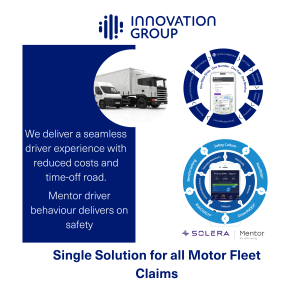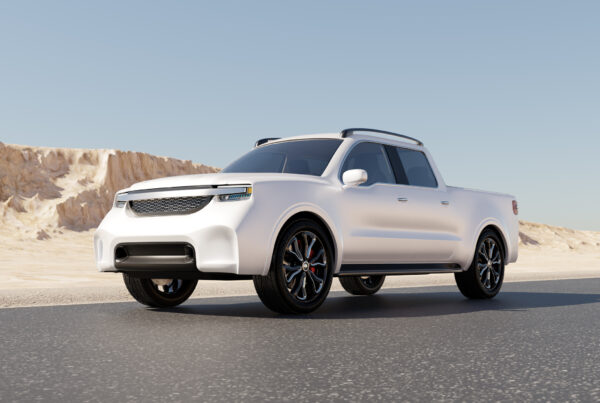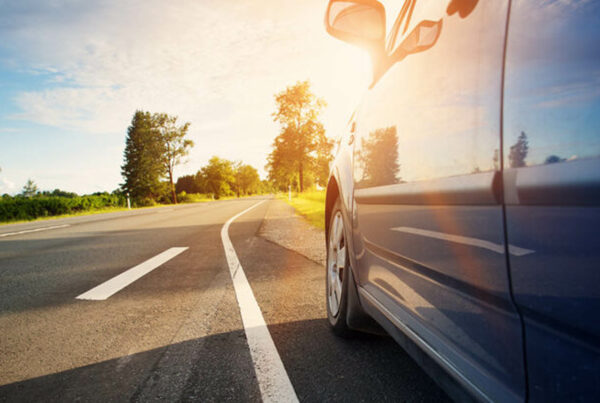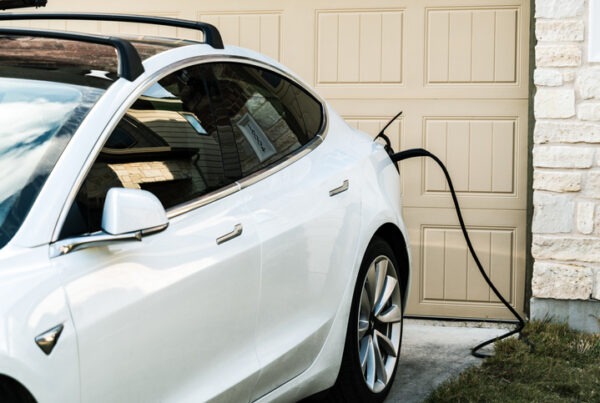Tired drivers have contributed to more road accidents in the UK than drivers on drugs, according to new research.
Findings from the Department of Transport found that 20% of road accidents were fatigue related, compared to 18% for drug taking within 2015. The research also found that 40 per cent of the accidents happened using commercial vehicles, suggesting some employees may be over worked and lacking sleep.
A spokesman for Scrap Car Comparison, said thousands of cars are being scrapped each year as a result of fatigue related accidents.
“When you think one in five crashes is fatigue related, this has to make people sit up and take notice,” they said.
“Just as there are rules for consuming an excessive amount of alcohol, should there be a case for restrictions on driving where the driver has had less than set minimum hours of sleep in the past 24 hours?
“We receive many enquiries from those whose vehicles are taken from the roads suffering from fatigue.”
Tiredness has been proven to rapidly reduce reaction time and overall alertness and concentration for drivers, with the research suggesting midnight-8am was the common time for drowsy driving to occur.
You may think you can push through drowsiness, but you can’t fight sleep. All day sleep inducing chemicals build up in your brain, they eventually reach a tipping point, sending you off to sleep, which can happen any time and anywhere. The best way to avoid drowsy driving is to get a good night’s sleep.
Transport Accident Commission
It is important for fleet managers and for all road users to be aware of the dangers of driving if even a little bit tired. The only way to cure sleepiness is through sleep, so if you are driving and start to feel drowsy pull over immediately and have a 15 minute powernap.
There is never a good reason for you or your employees to drive while you are tired or fatigued.





















